Our evidence-based approach, developed at Massachusetts General Hospital, is a big mind-shift when it comes to understanding your child’s behavior and what to do about it. Collaborative Problem Solving® (CPS) is an evidence-based, trauma-informed practice that helps kids meet expectations, reduces concerning behavior, builds children’s skills, and improves family relationships.
You’ll learn how to partner with the children in your life to identify the triggers for their challenging behavior, and work together to produce a game plan for how to handle problems before they happen. Collaborative Problem Solving avoids using power, control, and motivational procedures. Instead, it focuses on collaborating with children to solve the problems leading to them not meeting expectations and displaying problematic behavior.
Collaborative Problem Solving is designed to meet the needs of all children at all ages, including those with social, emotional, and behavioral challenges. It promotes the understanding that kids who have trouble meeting expectations or managing their behavior lack the skill—not the will—to do so. These children struggle with skills related to problem-solving, flexibility, and frustration tolerance and Collaborative Problem Solving builds these skills.
Are you tired of the meltdowns, nagging, yelling, and constant power struggles between you and your child? If behavior charts, rewards, and punishments aren't working, we know why! Research shows kids with challenging behavior lack the skill, not the will, to behave.
Traditional discipline is broken, it doesn’t result in improved behavior or improved relationships between adults and children. The Collaborative Problem Solving approach is an effective form of relational discipline that reduces concerning behavior and parent stress while building skills and relationships between adults and children.
Join one of our courses to learn more about Collaborative Problem Solving.
Have you wondered why a child or an adult you know struggles to meet certain expectations or manage their behavior?
This 1-hour, self-paced, free course teaches the five Thinking Skills we all use to manage our behavior and meet expectations.
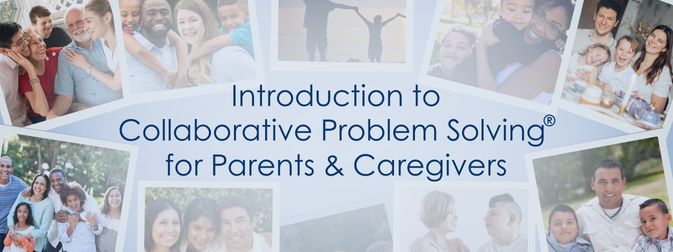
Parents & Caregivers, learn how you can help your kids meet expectations and improve your relationship!
This 1.5-hour, self-paced course introduces the principles of Collaborative Problem Solving® while outlining how the approach can meet your family's needs.
Tuition: $39
Enroll Now
Parents, guardians, families, and caregivers are invited to register for our supportive 8-week, online course to learn Collaborative Problem Solving® (CPS), the evidence-based and trauma-informed approach for helping children develop the skills they need to manage their behavior.
Our research has shown that the Collaborative Problem Solving approach helps kids and adults build crucial social-emotional skills and leads to dramatic decreases in behavior problems across various settings including schools, residential, in and outpatient treatment, and homes. Results reported by parents, pediatricians, and outpatient therapists include improved behavior and reductions in caregiver stress.
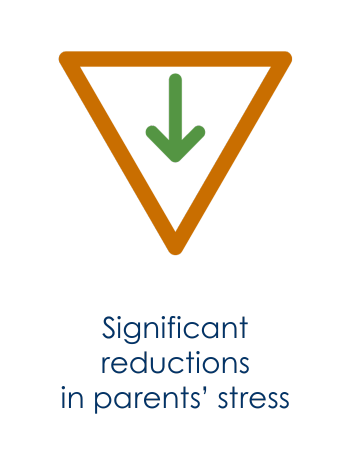
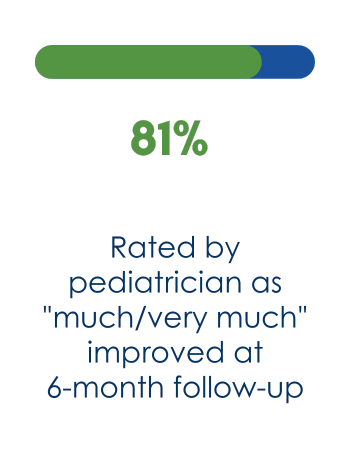
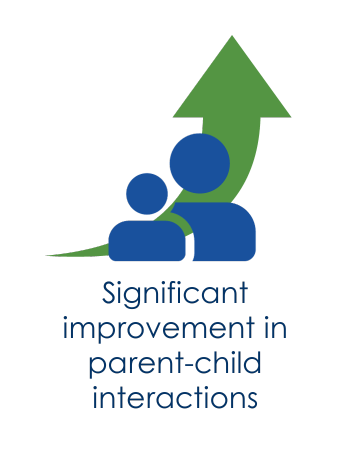
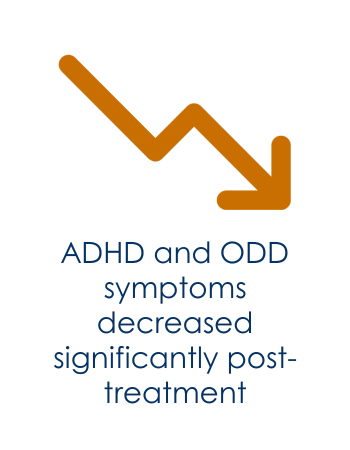
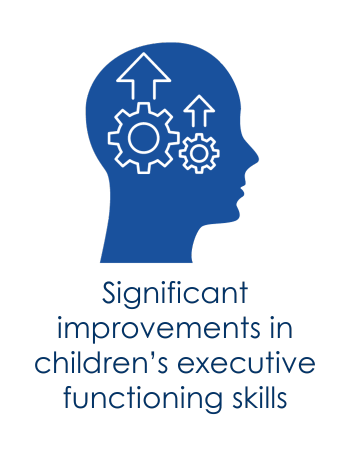
Watch these examples of Collaborative Problem Solving conversations to get an idea of what it is all about.
| Cookie | Duration | Description |
|---|---|---|
| __cf_bm | 1 hour | This cookie, set by Cloudflare, is used to support Cloudflare Bot Management. |
| __hssc | 1 hour | HubSpot sets this cookie to keep track of sessions and to determine if HubSpot should increment the session number and timestamps in the __hstc cookie. |
| __hssrc | session | This cookie is set by Hubspot whenever it changes the session cookie. The __hssrc cookie set to 1 indicates that the user has restarted the browser, and if the cookie does not exist, it is assumed to be a new session. |
| cookielawinfo-checkbox-advertisement | 1 year | Set by the GDPR Cookie Consent plugin, this cookie records the user consent for the cookies in the "Advertisement" category. |
| cookielawinfo-checkbox-analytics | 11 months | This cookie is set by GDPR Cookie Consent plugin. The cookie is used to store the user consent for the cookies in the category "Analytics". |
| cookielawinfo-checkbox-functional | 11 months | The cookie is set by GDPR cookie consent to record the user consent for the cookies in the category "Functional". |
| cookielawinfo-checkbox-necessary | 11 months | This cookie is set by GDPR Cookie Consent plugin. The cookies is used to store the user consent for the cookies in the category "Necessary". |
| cookielawinfo-checkbox-others | 11 months | This cookie is set by GDPR Cookie Consent plugin. The cookie is used to store the user consent for the cookies in the category "Other. |
| cookielawinfo-checkbox-performance | 11 months | This cookie is set by GDPR Cookie Consent plugin. The cookie is used to store the user consent for the cookies in the category "Performance". |
| CookieLawInfoConsent | 1 year | CookieYes sets this cookie to record the default button state of the corresponding category and the status of CCPA. It works only in coordination with the primary cookie. |
| viewed_cookie_policy | 11 months | The cookie is set by the GDPR Cookie Consent plugin and is used to store whether or not user has consented to the use of cookies. It does not store any personal data. |
| Cookie | Duration | Description |
|---|---|---|
| li_gc | 6 months | Linkedin set this cookie for storing visitor's consent regarding using cookies for non-essential purposes. |
| lidc | 1 day | LinkedIn sets the lidc cookie to facilitate data center selection. |
| UserMatchHistory | 1 month | LinkedIn sets this cookie for LinkedIn Ads ID syncing. |
| Cookie | Duration | Description |
|---|---|---|
| __hstc | 6 months | Hubspot set this main cookie for tracking visitors. It contains the domain, initial timestamp (first visit), last timestamp (last visit), current timestamp (this visit), and session number (increments for each subsequent session). |
| _ga | 1 year 1 month 4 days | Google Analytics sets this cookie to calculate visitor, session and campaign data and track site usage for the site's analytics report. The cookie stores information anonymously and assigns a randomly generated number to recognise unique visitors. |
| _ga_* | 1 year 1 month 4 days | Google Analytics sets this cookie to store and count page views. |
| _gat_gtag_UA_* | 1 minute | Google Analytics sets this cookie to store a unique user ID. |
| _gid | 1 day | Google Analytics sets this cookie to store information on how visitors use a website while also creating an analytics report of the website's performance. Some of the collected data includes the number of visitors, their source, and the pages they visit anonymously. |
| AnalyticsSyncHistory | 1 month | Linkedin set this cookie to store information about the time a sync took place with the lms_analytics cookie. |
| CONSENT | 2 years | YouTube sets this cookie via embedded YouTube videos and registers anonymous statistical data. |
| hubspotutk | 6 months | HubSpot sets this cookie to keep track of the visitors to the website. This cookie is passed to HubSpot on form submission and used when deduplicating contacts. |
| vuid | 1 year 1 month 4 days | Vimeo installs this cookie to collect tracking information by setting a unique ID to embed videos on the website. |
| Cookie | Duration | Description |
|---|---|---|
| bcookie | 1 year | LinkedIn sets this cookie from LinkedIn share buttons and ad tags to recognize browser IDs. |
| bscookie | 1 year | LinkedIn sets this cookie to store performed actions on the website. |
| li_sugr | 3 months | LinkedIn sets this cookie to collect user behaviour data to optimise the website and make advertisements on the website more relevant. |
| NID | 6 months | Google sets the cookie for advertising purposes; to limit the number of times the user sees an ad, to unwanted mute ads, and to measure the effectiveness of ads. |
| test_cookie | 15 minutes | doubleclick.net sets this cookie to determine if the user's browser supports cookies. |
| VISITOR_INFO1_LIVE | 6 months | YouTube sets this cookie to measure bandwidth, determining whether the user gets the new or old player interface. |
| YSC | session | Youtube sets this cookie to track the views of embedded videos on Youtube pages. |
| yt-remote-connected-devices | never | YouTube sets this cookie to store the user's video preferences using embedded YouTube videos. |
| yt-remote-device-id | never | YouTube sets this cookie to store the user's video preferences using embedded YouTube videos. |
| yt.innertube::nextId | never | YouTube sets this cookie to register a unique ID to store data on what videos from YouTube the user has seen. |
| yt.innertube::requests | never | YouTube sets this cookie to register a unique ID to store data on what videos from YouTube the user has seen. |
| Cookie | Duration | Description |
|---|---|---|
| __Secure-YEC | 1 year 1 month | Description is currently not available. |
| _cfuvid | session | Description is currently not available. |
| _pk_id.d014234b-506e-4c9f-8f74-9ecfcde5874f.838e | 1 hour | Description is currently not available. |
| _pk_ses.d014234b-506e-4c9f-8f74-9ecfcde5874f.838e | 1 hour | Description is currently not available. |
| cf_clearance | 1 year | Description is currently not available. |
| ppms_privacy_d014234b-506e-4c9f-8f74-9ecfcde5874f | 1 year | Description is currently not available. |
| VISITOR_PRIVACY_METADATA | 6 months | Description is currently not available. |